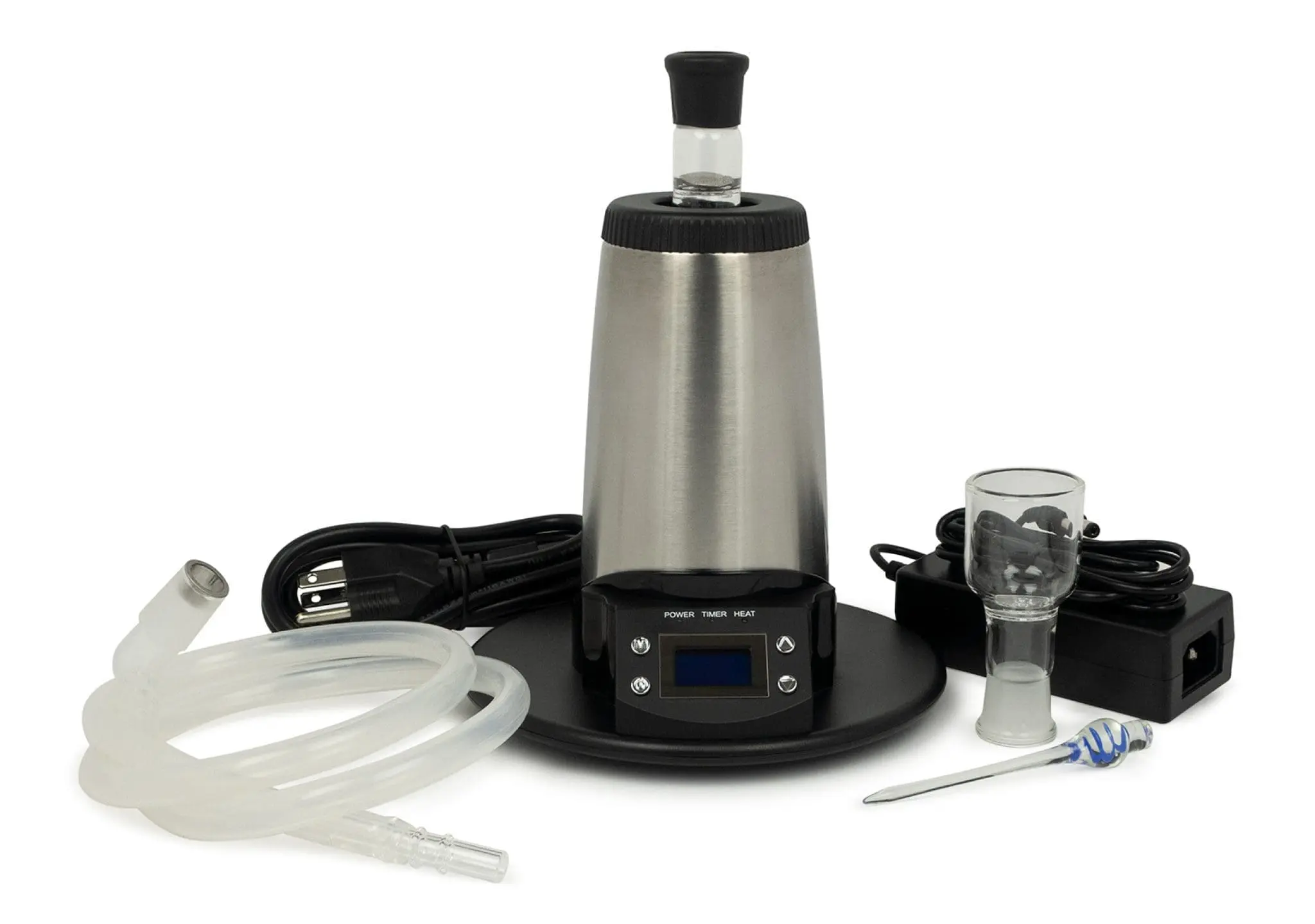If you’re preparing for the NCMHCE new format, you need to stop and read this before diving into another practice test. The National Clinical Mental Health Counseling Examination (NCMHCE) recently underwent a significant format overhaul, and it’s catching even seasoned test-takers off guard.
At Clinical Exam Workshop, we’ve been helping thousands of candidates pass the NCMHCE with confidence. But the latest exam structure? It’s a game-changer — and if you’re not properly prepared, your score could take a major hit.
In this article, we’ll break down exactly what’s new, what’s harder, and how you can outsmart the new format with proven strategies.
What Is the NCMHCE?
Before we explore the new format, let’s do a quick recap. The NCMHCE is a licensure exam required in many states for clinical mental health counselors. It’s designed by the NBCC (National Board for Certified Counselors) to assess your ability to apply clinical knowledge to real-world scenarios.
The exam isn’t just a knowledge test; it evaluates clinical judgment, diagnosis, treatment planning, and ethical decision-making. It’s a test of what you know and how you apply it in complex client situations.
The Big Shift: What’s Changed in the NCMHCE New Format?
As of 2022, the NBCC introduced a brand-new format for the NCMHCE. And while some candidates assumed it would be a minor update, it’s far from that.
1. From Simulation-Heavy to Core Content Focus
The most notable change in the NCMHCE new format is the reduction in complex simulations. The older version of the exam was based entirely on lengthy clinical simulations. The updated exam now includes multiple-choice and multiple-response questions, alongside some streamlined case simulations.
2. More Emphasis on DSM-5-TR and CACREP Domains
The updated version is closely aligned with CACREP (Council for Accreditation of Counseling & Related Educational Programs) standards and places heavier emphasis on DSM-5-TR diagnostic skills.
This means you’re expected to not only recognize disorders but also differentiate between overlapping diagnoses — a task that’s more challenging under time pressure.
3. Greater Focus on Clinical Decision-Making
The new format demands precise judgment. One weak answer can reflect poorly on your clinical reasoning, and unlike the older format, there’s less room to recover from mistakes.
Why the NCMHCE New Format Is Wrecking Scores
The revamped structure of the NCMHCE is causing many test-takers to underestimate its complexity. Here’s why your score could suffer without proper preparation:
Lack of Familiarity
Many candidates study using outdated materials. If you’re practicing old-style simulations, you’re not preparing for the test you’re going to face.
Time Management Is More Difficult
Multiple-choice and multiple-response items may seem easier, but they require faster thinking and sharper judgment. With less time spent on each question, every second counts.
Increased Diagnostic Depth
Candidates now face questions that test nuanced understanding of co-occurring disorders and case conceptualization — not just textbook definitions.
How to Master the NCMHCE New Format
Now that you know the risks, here’s how you can prepare effectively and pass the NCMHCE on your first try.
1. Use Up-to-Date Study Materials
Only trust resources that are fully aligned with the new exam structure. At Clinical Exam Workshop, our courses are tailored to mirror the actual test format — from question types to DSM-5-TR-based diagnosis drills.
2. Practice Multiple-Response Scenarios
The NCMHCE new format includes select-all-that-apply and drag-and-drop items. These require deeper clinical thinking. Train with similar tools to build confidence in this format.
3. Focus on Differential Diagnosis
Don’t just memorize disorders. Learn how to differentiate similar symptoms across diagnoses — especially mood, anxiety, trauma, and psychotic disorders.
4. Get Mentored Support
One-on-one coaching or guided workshops, like those we offer at Clinical Exam Workshop, provide direct feedback on your performance, boosting your clinical thinking in real time.
5. Simulate the Real Exam Environment
Practice in a timed setting that mimics the pressure of the actual exam. The more your brain gets used to this rhythm, the less anxiety you’ll feel on test day.
Clinical Exam Workshop: Your Edge for the NCMHCE New Format
At Clinical Exam Workshop, we’ve re-engineered our entire program to meet the demands of the NCMHCE new format. Our features include:
-
Updated 2025 Practice Exams
-
Interactive Case Scenarios
-
Live Webinars and Strategy Sessions
-
On-Demand Video Tutorials
-
DSM-5-TR Diagnostic Practice
We help you go beyond studying — we teach you how to think clinically and strategically, just like the test expects.
Don’t Let the New Format Derail Your Dreams
Passing the NCMHCE is a huge milestone in your counseling career. But make no mistake — the NCMHCE new format is designed to challenge you more than ever.
Don’t leave your success up to outdated materials or guesswork. Equip yourself with the right tools, training, and test-taking strategies. Clinical Exam Workshop is here to support you every step of the way. Click here to return to the homepage and unlock more content.
Frequently Asked Questions
1. Is the NCMHCE new format harder than the old one?
Yes, many candidates report that the new format feels more difficult due to time constraints, diagnostic depth, and unfamiliar question types.
2. Can I still use old NCMHCE prep materials?
No, older materials based solely on simulations do not reflect the structure or demands of the new exam. You need updated, format-specific resources.
3. How long should I study for the NCMHCE new format?
We recommend at least 8–12 weeks of focused study, including practice tests, DSM-5-TR reviews, and timed exam simulations.











Leave a Reply